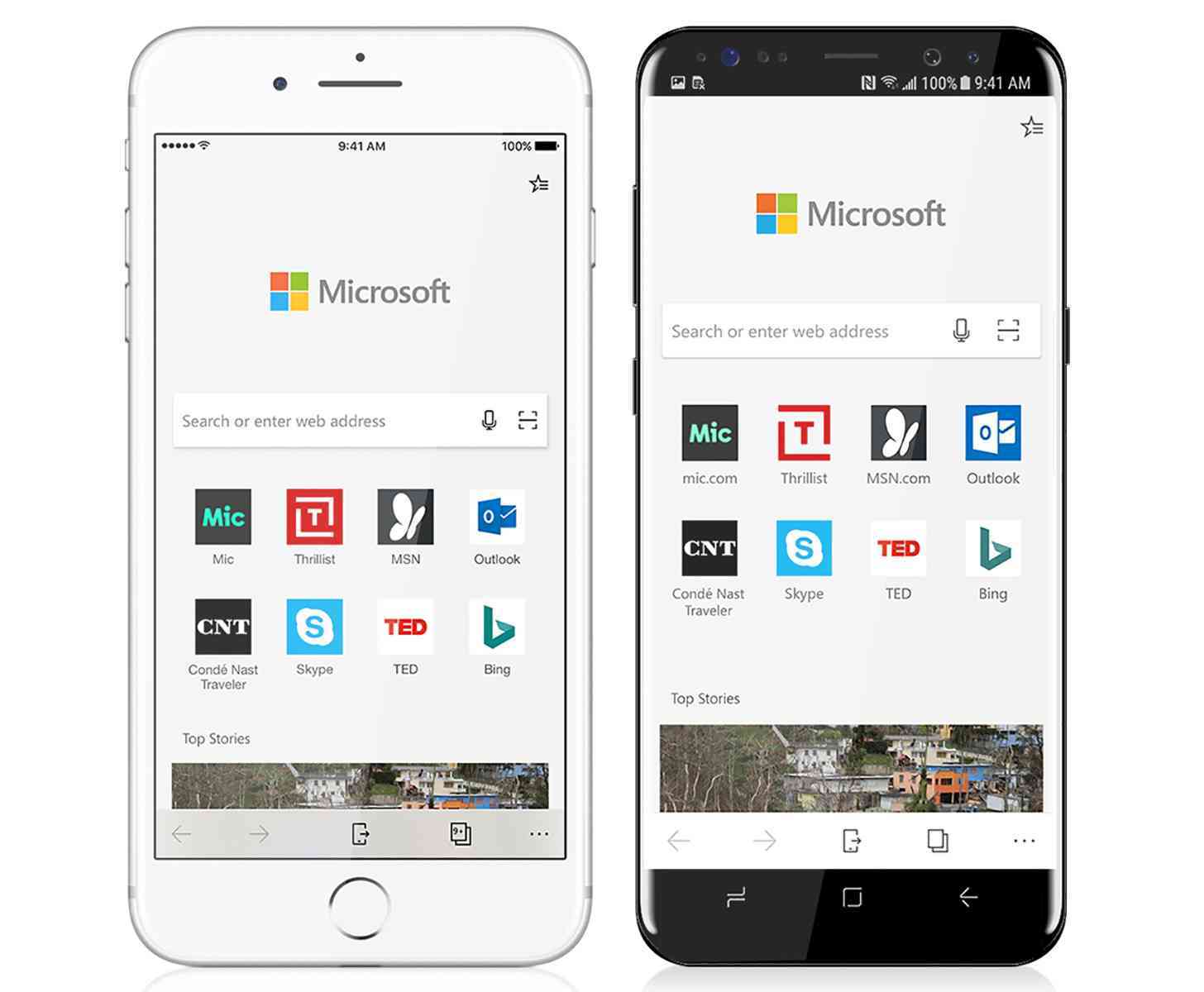
Companies want you to invest in their brand, and one way to do that is by expanding the available products they can sell you. Just having a smartphone isn't good enough these days. A company that has the means will sell you a variety of gadgets, from refrigerators, smartwatches, laptops, tablets, and more.
And that doesn't even include the software push, which is certainly part of it. We've seen over the years as companies try to sell the idea that keeping it in the family means a better experience, from features to stability. And that's how they build it: Stay in the ecosystem for the best possible results.
There are some caveats, of course. Important ones, too.
For instance, Apple truly developed the ecosystem idea. You invest in the Apple curated garden, and the company is strict on what third-party companies can create for their products. While you can definitely control smart home products from your iPhone that aren't necessarily HomeKit-enabled, thanks to apps that support that sort of thing, Apple would tell you that sticking with HomeKit devices is the best bet.
And Samsung, for its part, has its own smart home platform with SmartThings, and they, too, would tell you that if you want the best smart home experience, you should stick with those products. But of course Android supports a variety of products, and if you've got a Samsung phone you are certainly not limited by options.
I've been thinking about this lately, because Microsoft's new initiative --one that adopts both Android and iOS into its ecosystem-- is a positive one, as far as I'm concerned. The company that helped define the smartphone all those years ago, but eventually couldn't make it work in the current smartphone market, has decided that supporting just about everything under the sun is the best possible solution.
And I agree. The fact that Microsoft now has its Edge web browser available for not only Android (which isn't too surprising), but also iOS and actually supports picking up where you left off from mobile to PC is pretty awesome. Cortana works on iOS, too, as well as it can, and those features will surely expand in the months and years to come.
It also means that even if you want to use an iPhone, you may not necessarily feel a weird obligation to use an Apple-branded computer, too. Sure, if you use iMessage and some other features, using a Mac still offers some benefits you can't get on a Windows-based PC, but at least the gap is shrinking in terms of available features.
Google would like it if you used a Chromebook along with that Android phone, of course, so there's definitely still some focus on ecosystem here. And while I am currently a one ecosystem household, I don't necessarily feel like that's going to be the case for long. The fact that Microsoft is the company that has me wondering what devices I can adopt is pretty great.
But, I'm curious: Are you a one ecosystem household? And, if so, which ecosystem are you currently invested in, and do you feel like it's going to stay that way for the foreseeable future? If you aren't relying on one ecosystem, which devices and platforms are currently being used in your home? Let me know!